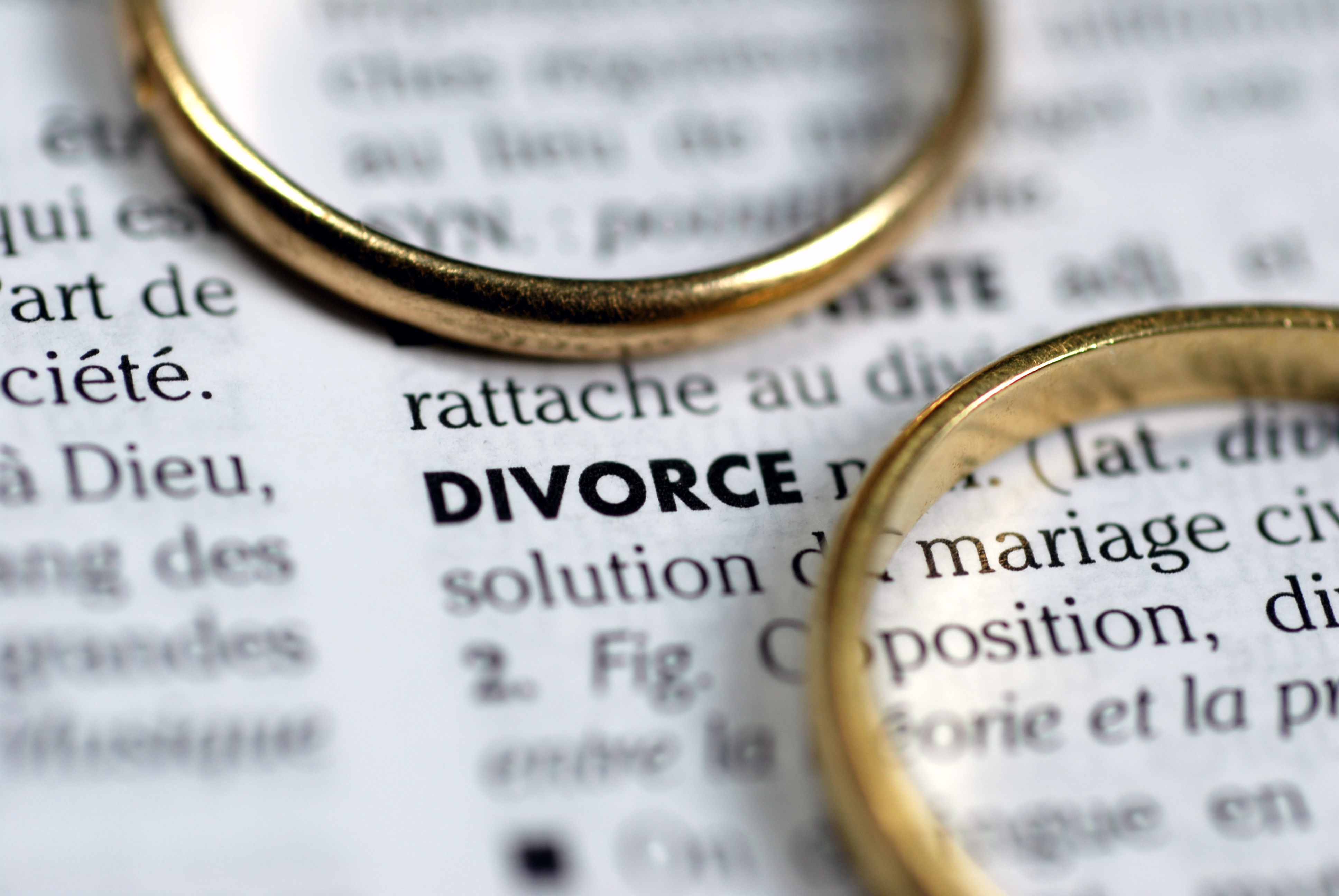Who Pays The Bills in the Immediate Aftermath of a Break-Up

A common question people ask at the start of divorce proceedings is “Who should pay for what in the immediate aftermath of a break-up?”
When a couple separate there will be a requirement for the primary carer of any children under the age of 18 to remain in the family home as the needs of the children will always come first.
Child maintenance will be payable according to Government formula dependent on the number of children and calculated according to the “absent” parent’s income. This is set out on the website for Child Maintenance Service.
This payment can help towards the outgoings of the family home as well as providing for the children’s needs. However, if there is a mortgage on the family home in joint names of both spouses, then the spouse who leaves the family home would also be expected to pay a 50% contribution towards the mortgage, as this is a joint liability.
In a nutshell, when couples separate their joint income must now stretch to funding two separate households, and this often provides a strain on financial resources. It is best to negotiate this prior to separating, so both spouses have an idea of their income and outgoings post-separation.
What is financial disclosure, and what information are my spouse and I expected to share?
There is a requirement for all separated spouses who want to reach a financial agreement to make a full and frank disclosure of their assets and income to each other – and their Solicitors. This includes everything they have in their own name and their joint names. It can also include assets that were acquired prior to the marriage for example Pensions, although pre-acquired Pensions do not usually form part of any matrimonial settlement. In addition, inheritances received during the marriage can be relevant. You will be required to provide payslips, bank statements, valuations of all capital assets and a cash equivalent transfer value of your Pension.
How can a Solicitor help decide what is a fair settlement?
A matrimonial Solicitor can advise the separated parties on a fair and reasonable financial settlement by considering the matrimonial assets that are available and considering what a Court might order under the circumstances. A Court will always have regard to the needs of any dependent children first and foremost but will consider such issues as length and duration of the marriage, ages of the parties, the financial contribution made by each party, any disabilities, and earning capacity, and need. Any financial agreement is measured in terms of how reasonable it is and how fair to both spouses. As calculating a fair settlement can be confusing, a Solicitor can give invaluable advice and aid negotiations.
Who Decides what level of maintenance estranged partners must pay?
If one spouse earns significantly more than the other, then spousal maintenance will be a consideration, i.e. not just for the children but the spouse as well. This is usually based on needs, and each party will be required to provide a list of essential outgoings and expenditure. It is also true that if the parties have enjoyed a luxurious lifestyle on the basis of the higher-earning spouse’s income, it would not be fair to expect one spouse to live relatively modestly whilst the other spouse continues to spend freely.
How are Pensions divided in a divorce?
The answer to this is straightforward. All Pensions that have been acquired during the course of the marriage are capable of sharing equally between two divorcing spouses and are matrimonial assets. To share a Pension, the couple must enter into a financial agreement which is approved by the Court and to which “Pension Sharing Orders” are attached. Once these Pension Sharing Orders have been approved by the Court, they can then be forwarded to the Pension Trustees who can implement Pension Sharing arrangements. Pre-acquired Pensions are often excluded from the financial agreement unless to do so would be grossly unfair to one spouse.
It is always necessary to obtain a Pension valuation or Cash Equivalent Transfer Value to work out how much a Pension is worth. It may also be necessary to obtain a Pensions expert to advise on the best way of dividing a Pension.
Who keeps the house?
If a house is jointly owned it would be expected that the spouse who remains in the house will buy out the other spouse’s interest if not immediately then at some point in the future.
Triggering events such as the youngest child reaching the age of 18, re-marriage, or death would give rise to a sale. Sometimes, some spouses would be happy to keep the house and offset this against any potential share they would receive in the other spouse’s Pension.
These days, who keeps the house is largely dependent upon who can afford it. If the house is mortgaged, then whoever keeps the house must show the mortgage company that they would be able to pay the mortgage in their own name and therefore release the other spouse from the mortgage.
Although some cases are straightforward, there is no “one size fits all” in relation to financial advice as each case turns on its own individual facts so it is vital to select a law firm to represent you that has demonstrable success and experience in this area of law.
At Peter Lynn and Partners, our divorce and family law team are one of the largest in the region and we work with a wide range of clients to help secure a fair outcome for divorce and family law matters.
To arrange a confidential, free initial meeting, call 01792 450010 or email [email protected]